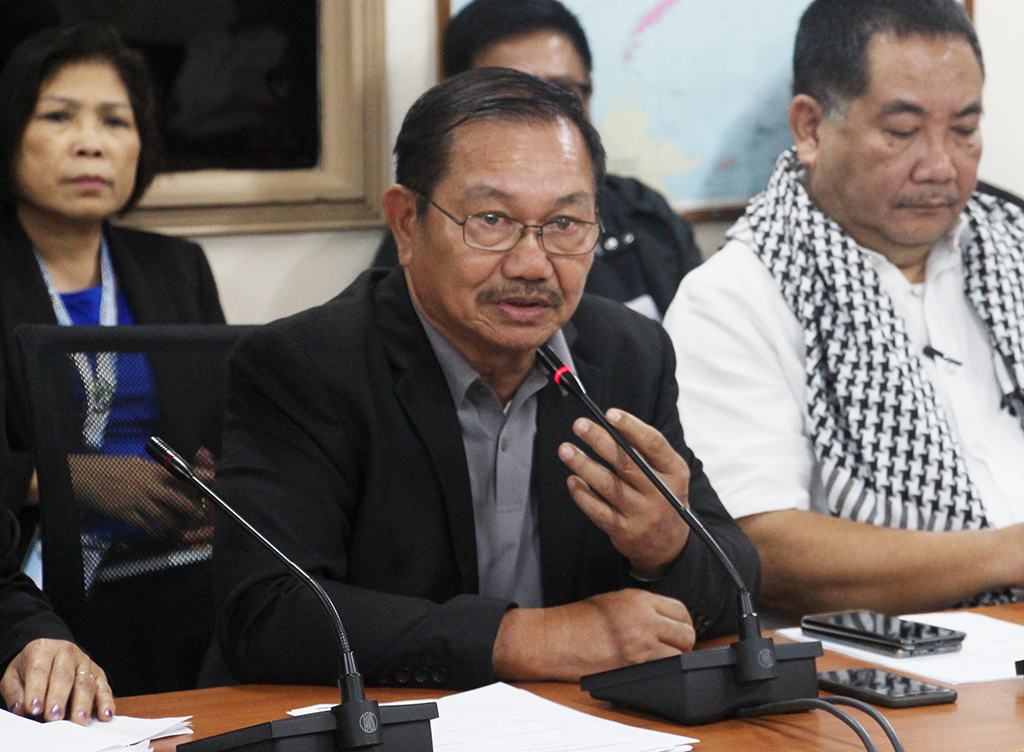
Department of Agriculture (DA) Secretary, Emmanuel Piñol, presided the meeting with the concerned stakeholders to come up with proposed measures to address the rising price of basic agricultural and fisheries commodities in the market on August 10, 2018 at the Apacible Conference Room in Quezon City.
Organized by the Philippine Council for Agriculture and Fisheries (PCAF), the dialogue was a follow-up result of the previous meeting of Sec. Piñol with the DA officials to address the rising prices of commodities in the market, particularly fresh pork, poultry meat, and fish.
Citing data from the Philippine Statistics Authority (PSA), the farm gate prices of chicken and hogs increased by 1% while the price of these commodities in the market increased by 5%.
According to PSA, as of June 2018, chicken costs PhP87.66/kg for its farmgate price and PhP152.66/kg for the retail. Pork meat amounts to PhP119.18/kg for its farmgate price and PhP193.75/kg in the retail price.
Moreover, galonggong or round scad is PhP114.85/kg in wholesale price while PhP143.7/kg in retail price.
During the dialogue, options on how to abate the rising of price of agriculture and fisheries products were discussed.
For fish, it was agreed by the body that the importation of round scad should be made by the industry stakeholders and not the traditional traders who control the supply in the market during closed-fishing seasons from November to March, to stabilize the price of fish in the market.
Alonso Tan, president of Alliance of Philippine Fishing Federation, Inc. (APFFI), also suggested that importation should be monitored to avoid monopoly of imported fishery products.
In the case of pork meat, Sec. Piñol said that with the consensus of the industry, the DA will allow additional 10,000 metric tons of pork under Minimum Access Volume (MAV) at same tariff level.
National Sectoral and Strategic Concerns Committee – Committee on Poultry, Livestock, and Feed Crops (NSSCCs-CPLFC) Chairperson, Dr. Rufina Salas, related that MAV can be increased when there is commodity shortage and increasing demand products.
It was then reported that there is no shortage of pork and there are still imports under the MAV that have not yet been utilized. The same is true for import permits for the poultry sector.
Thus, the body agreed not to increase the MAV importation for the said commodity.
In response, Sec. Piñol announced that those who failed to utilize their MAV will result in the revocation of their MAV respective allocation.
Sec. Piñol emphasized that the inflation of agri-fishery products in the market is not caused by the production sector but by the traders who are controlling the prices. – LC











